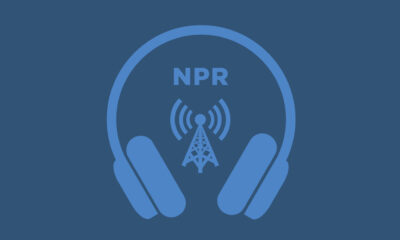Science
Blind Scientist Illuminates Gravitational Waves Research

A conversation between renowned scientist Wanda Diaz-Merced and Lulu Miller, host of the Radiolab podcast, has shed light on the fascinating world of gravitational waves and the unique perspective that Díaz-Merced brings as a blind scientist. This dialogue, featured in an episode of the Terrestrials podcast, highlights her groundbreaking research and passion for understanding the ripples in spacetime that hint at the universe’s most profound mysteries.
Understanding Gravitational Waves
Gravitational waves are disturbances in spacetime caused by massive celestial events, such as the collision of black holes. Díaz-Merced, who is based at the University of Puerto Rico, has dedicated her career to studying these phenomena, using advanced technology to interpret data that many other scientists visualize. Her work not only contributes to the scientific community but also challenges perceptions about disability in the field of astrophysics.
During the podcast, Díaz-Merced described how she utilizes auditory cues to analyze gravitational wave data, transforming complex information into sound. This innovative approach allows her to engage deeply with the data, demonstrating that blindness does not hinder her ability to excel in a traditionally visual field. Her insights provide a new dimension to gravitational wave research, emphasizing the importance of diverse perspectives in science.
Breaking Down Barriers in Science
The discussion with Miller also explored the barriers that individuals with disabilities face in scientific research. Díaz-Merced shared her experiences navigating a landscape that often overlooks the capabilities of blind scientists. She emphasized the need for more inclusive practices within the scientific community to foster an environment where diverse talents can thrive.
In her research, she delves into significant events in the universe, such as the merging of black holes or neutron stars, which generate gravitational waves detectable by advanced observatories like LIGO (Laser Interferometer Gravitational-Wave Observatory). Her work is pivotal in enhancing our understanding of such cataclysmic events and their implications for astrophysics.
The conversation serves as a reminder of the power of perseverance and innovation in science. Díaz-Merced’s story is not just about her achievements in gravitational wave research; it is also a testament to the broader potential of scientists with disabilities to contribute to groundbreaking discoveries.
As the field of astrophysics continues to evolve, the contributions of scientists like Wanda Diaz-Merced will play a crucial role in shaping our understanding of the universe. Her work exemplifies the intersection of passion, innovation, and the relentless pursuit of knowledge that defines the scientific journey.
-

 Technology4 months ago
Technology4 months agoDiscover the Top 10 Calorie Counting Apps of 2025
-

 Health2 months ago
Health2 months agoBella Hadid Shares Health Update After Treatment for Lyme Disease
-

 Health3 months ago
Health3 months agoErin Bates Shares Recovery Update Following Sepsis Complications
-

 Technology4 weeks ago
Technology4 weeks agoDiscover 2025’s Top GPUs for Exceptional 4K Gaming Performance
-

 Technology2 months ago
Technology2 months agoElectric Moto Influencer Surronster Arrested in Tijuana
-

 Technology4 months ago
Technology4 months agoDiscover How to Reverse Image Search Using ChatGPT Effortlessly
-

 Technology5 months ago
Technology5 months agoMeta Initiates $60B AI Data Center Expansion, Starting in Ohio
-

 Technology4 months ago
Technology4 months agoRecovering a Suspended TikTok Account: A Step-by-Step Guide
-

 Health4 months ago
Health4 months agoTested: Rab Firewall Mountain Jacket Survives Harsh Conditions
-

 Lifestyle4 months ago
Lifestyle4 months agoBelton Family Reunites After Daughter Survives Hill Country Floods
-

 Technology3 months ago
Technology3 months agoUncovering the Top Five Most Challenging Motorcycles to Ride
-

 Technology4 months ago
Technology4 months agoHarmonic Launches AI Chatbot App to Transform Mathematical Reasoning











